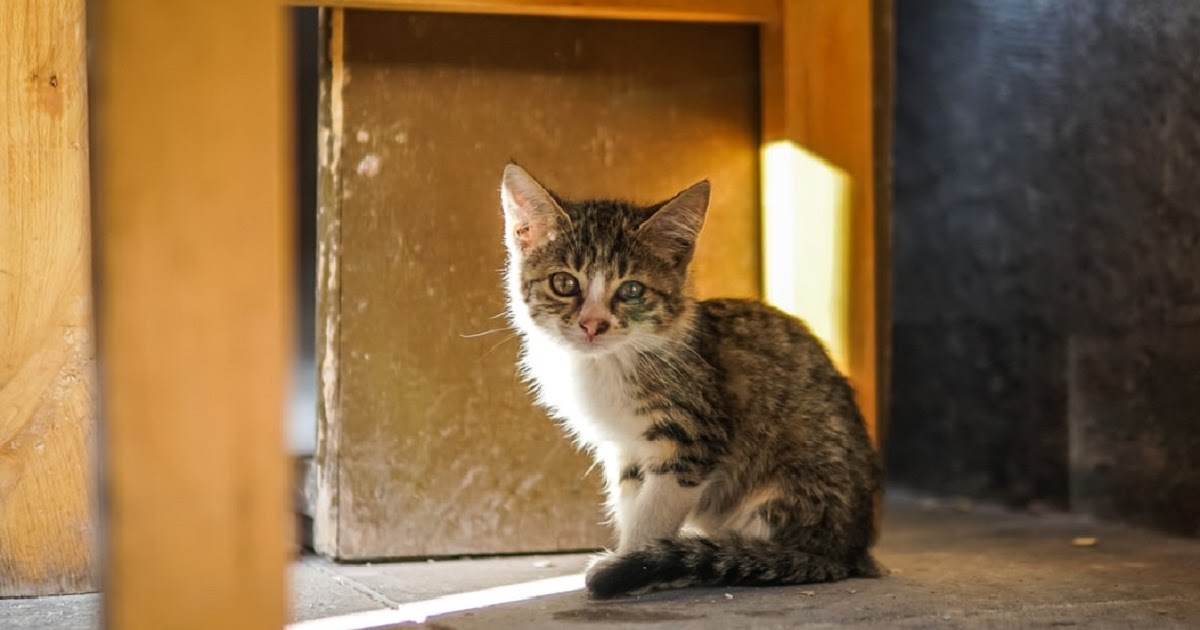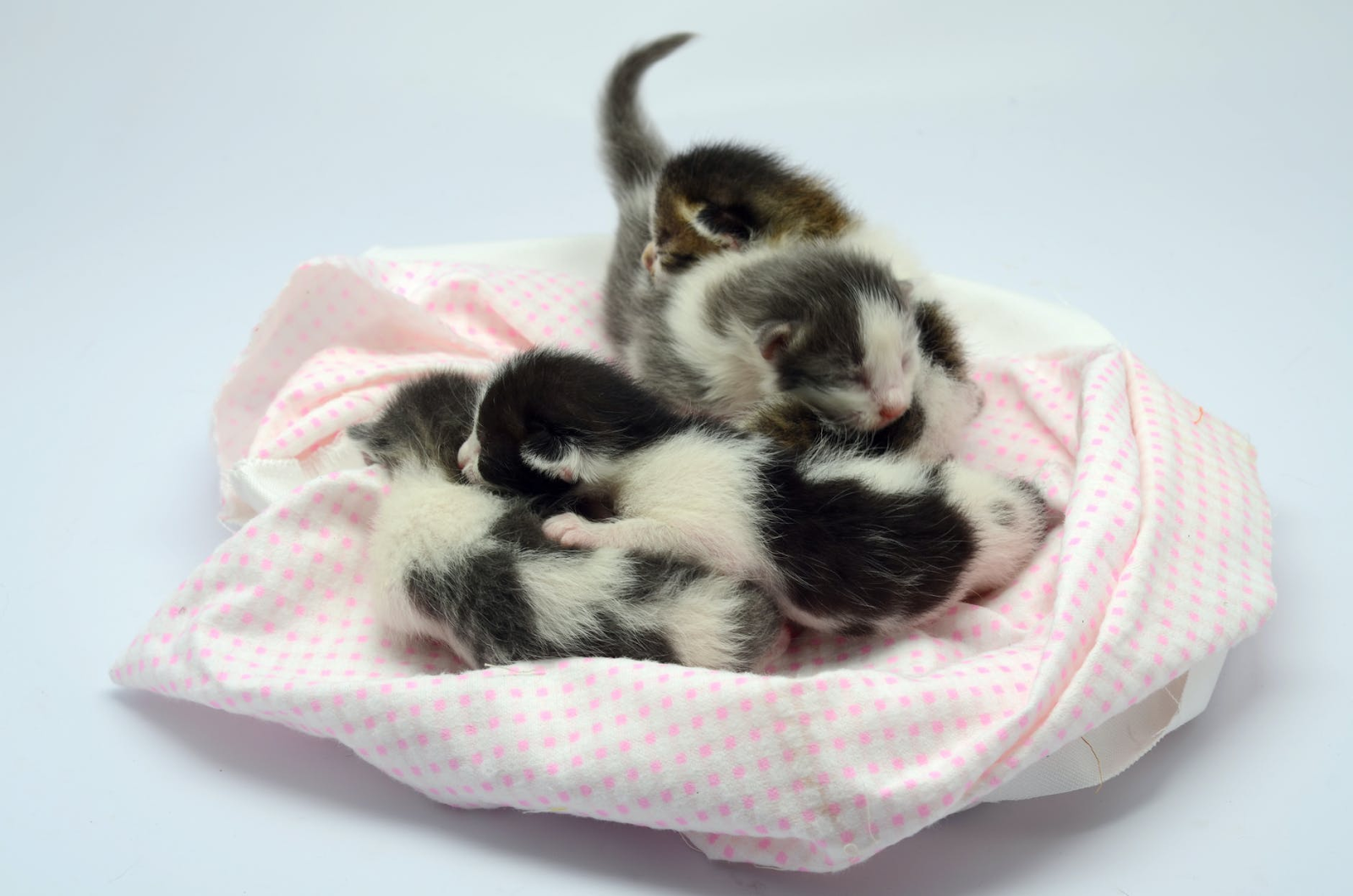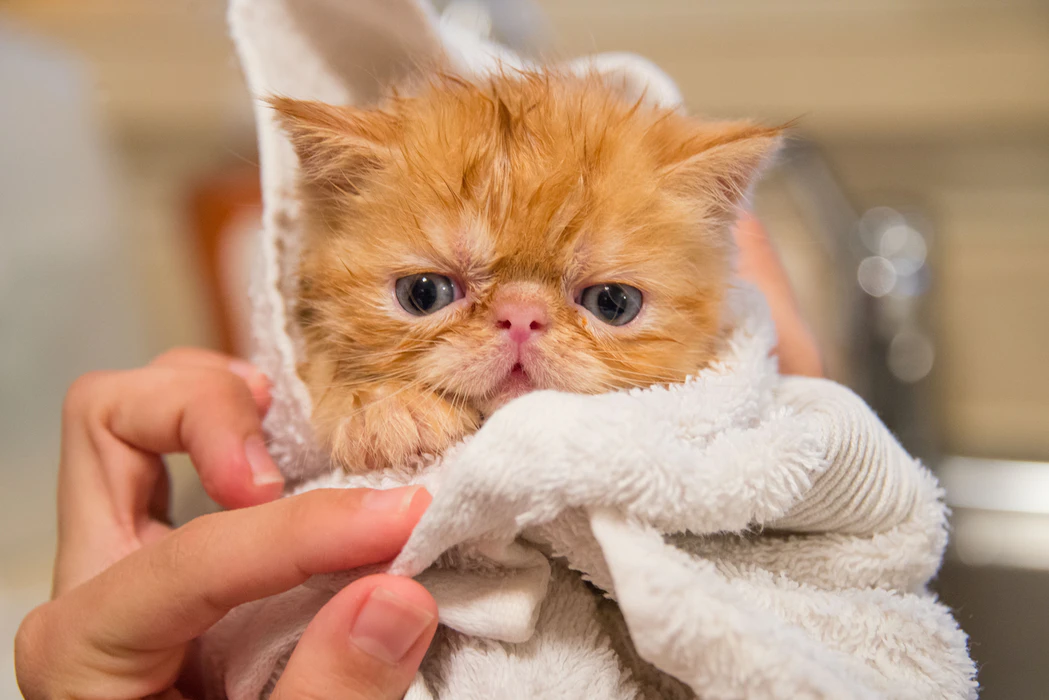- No products in the cart.

E-Mail: info@silversky.com.sg | Phone: +65 6742 7845

Cover image source: Mahdi Khodadadi on Unsplash
Spotting stray cats along the streets or underneath your block is a common sight for many, and most of us would try to give it a pat before continuing on our journey. But what if we were to stumble upon stray newborn kittens? It’s a rare sight, but many of us are most probably clueless about what to do and how to properly care for them.
On the off chance that you do encounter them, here’s what you should do to provide them with the highest chance of survival and a shot at a happy, long life:

Source: Emila Yusof on Pexels
When you first chance upon stray newborn kittens, the first thing to do is to check if the mother cat is around. Newborn kittens are especially reliant on their mother for milk, which gives them the best chance of survival, and the last thing you would want is to take the kittens away from their mother. There may be a chance that the mother is away to search for food or in the midst of moving to a new location.
To wait and see if the mother cat returns, make sure to keep your distance from the kittens, at about 10 metres away or more. If you’re too close, the mother cat may not dare to approach her kittens! However, if the mother does not return even after several hours, or if the kittens appear dirty and scrawny and seem to be in imminent danger or distress, you may remove the kittens from their nest and move on to the next step.

Source: Dan Wayman on Unsplash
Unlike full-grown cats, kittens who are less than 3 weeks old are unable to regulate their own temperature. This makes them vulnerable to weather conditions, even on a hot and humid day. To help them stay warm, wrap the kittens with a thick towel and place them under a heating pad for extra warmth.

Source: Sahand Babali on Unsplash
Whether you are intending to adopt the kitten or not, it is important to reach out to relevant professionals for help and advice. Turn to your nearest cat welfare centre, such as Cat Welfare Society, or veterinary clinic for guidance, where they can recommend appropriate steps to take for caring for the newborn kittens. These include a list of daily essentials that you’d need to purchase (i.e. bedding and feeding bottles), as well as the know-how of bottle-feeding and stimulating them for elimination.
Do take note that newborn kittens will require around-the-clock care until they are at least 4 weeks of age, so you will have to prepare to commit to caring for them or reach out to a trusted fosterer through animal welfare organisations.

Source: Danilo Batista on Unsplash
Newborn kittens require special care and attention from their caretaker. Just like newborn babies, these kittens rely on their mother’s milk for nutrition. You may want to turn to cat welfare centres for any available milk from a mother cat, or ask a vet for recommended cat-approved milk replacement formula.
As mentioned before, neonatal kittens (under a month old) cannot eat solid food at all and require help to urinate and defecate. You will be required to bottle-feed them every so often (the frequency depends on how young they are, so consult a vet for that) and then stimulate their genitals after every feeding by using a damp cloth to wipe around the area so that they can eliminate.
Skipping feeds and overfeeding without proper elimination can cause diarrhoea, which in turn results in dehydration, a condition that can be fatal for small kittens, so this is very important!
 Source: Nine Kopfer on Unsplash
Source: Nine Kopfer on Unsplash
To ensure that your kittens are in good health, it is important to bring them to a vet for regular medical check-ups as well as to receive the necessary vaccinations. It is advisable for them to undergo deworming when they are around 5 weeks old, start vaccinations against major feline diseases at 6 to 8 weeks old, and have spaying or neutering done at around 5 to 6 months of age, before their first heat or before they develop unwanted behaviour.
While caring for abandoned newborn kittens may be tough at first, with the right knowledge, professional advice, and plenty of love and care, you will definitely be able to take great care of them!